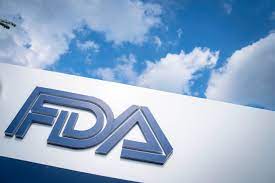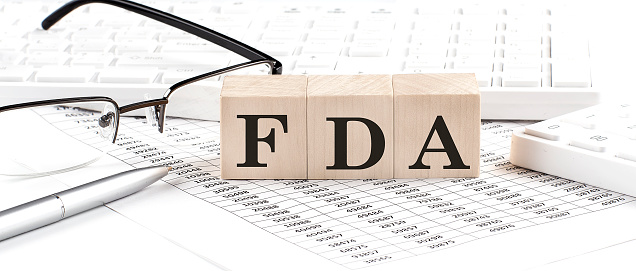This article highlights the critical differences between FDA registration, clearance, approval, and granting for medical devices, offering essential insights for manufacturers and healthcare professionals navigating the regulatory landscape

Table of Contents
In the medical device industry, it is imperative to comprehend the various terminologies employed by the U.S. Food and Drug Administration (FDA).
The terms ‘cleared,’ ‘approved,’ and ‘granted’ are frequently encountered in the context of medical device regulation, each carrying distinct meanings and ramifications.
These designations are pivotal in determining a device’s regulatory standing and the level of scrutiny it has undergone, and they hold significant implications for patient safety, market access, and compliance.
FDA Registered
FDA registration mainly applies to Class I Medical Devices.
It is an entry point through which applicants in any facet of the medical device lifecycle establish their presence and operations under the USFDA. It is a mandatory process for all applicants seeking medical device approval in the USA.
FDA registration is not an evaluation or endorsement of the device’s safety or effectiveness.
The Purpose of FDA Registration
The primary purpose of FDA registration is to monitor and inspect establishments involved in the production and distribution of medical devices for:-
Tracking Devices: Registration enables the FDA to keep track of the various types of medical devices entering the market, ensuring that they meet safety and efficacy standards.
Quality Control: It allows the FDA to establish quality control measures, like Good Manufacturing Practices (GMP) for ensuring safety.
Safety and Post-Market Surveillance: Registered establishments can be subject to post-market surveillance to monitor device performance, detect safety issues, and initiate recalls if necessary.
FDA Cleared
FDA clearance signifies that the FDA has assessed a medical device and found it to be substantially similar to another legally available device called a”predicate device” It is based on the device’s intended use, design, materials, and performance.
This pathway typically applies to some Class I and Class II devices.
Purpose of FDA Clearance
Determining Equivalence: For assessing safey and effectiveness as compared to predicate device.
Submission of 510(k): It is the initiation process of getting FDA clearance for medical devices especially devices which have a predicate device.
Market Entry: FDA clearance allows the device to be legally marketed and sold in the United States, ensuring it meets regulatory standards.
Risk Classification: This process helps to classify each medical device in its appropriate class based on risk level.
FDA Approved
FDA approval is a more rigorous regulatory pathway reserved for higher-risk medical devices, including implantable devices and life-sustaining equipment.
When a medical device is FDA-approved, it means that the FDA has reviewed scientific evidence, including clinical data, demonstrating that the device is safe and effective for its intended use.
This evidence typically comes from well-controlled clinical trials.
The approval process requires the submission of a premarket approval (PMA) application. The FDA evaluates the PMA application to assess the device’s safety, effectiveness, and its manufacturing processes.
The approval process is more comprehensive and time-consuming compared to the clearance process. Once a device is FDA-approved, Applies to class III devices that can be legally marketed and sold in the United States.
FDA Granted
The term “granted” is often used in the context of certain regulatory designations or special programs offered by the FDA.
For example, the FDA may grant a Breakthrough Device designation, which is intended to expedite the development and review process for medical devices that provide more effective treatment or diagnosis of life-threatening or irreversibly debilitating conditions.
The granted designation allows for closer collaboration between the device manufacturer and the FDA, providing expedited access to regulatory guidance and potentially faster approval or clearance.
Similarly, the FDA may grant an Investigational Device Exemption (IDE) for devices used in clinical investigations. This allows the device to be used in studies to collect data on its safety and effectiveness before seeking clearance or approval. Applicable to Novel Devices.
Conclusion
Navigating the regulatory landscape of medical devices can be complex, but ensuring that devices are properly cleared, approved, or granted by the FDA is essential for patient safety and the effectiveness of healthcare treatments.
It is important for manufacturers to understand the regulatory requirements and work closely with the FDA to ensure compliance throughout the product development and approval process.
How Can RegDesk Help?
RegDesk is an AI-powered Regulatory Information Management System (RIMS) designed to simplify global compliance for medical device companies. With regulatory intelligence covering 120+ markets, RegDesk helps you prepare and publish global submissions, manage standards, conduct impact assessments, and stay ahead of regulatory changes all from a single, centralized platform. Expanding into new markets has never been easier.


